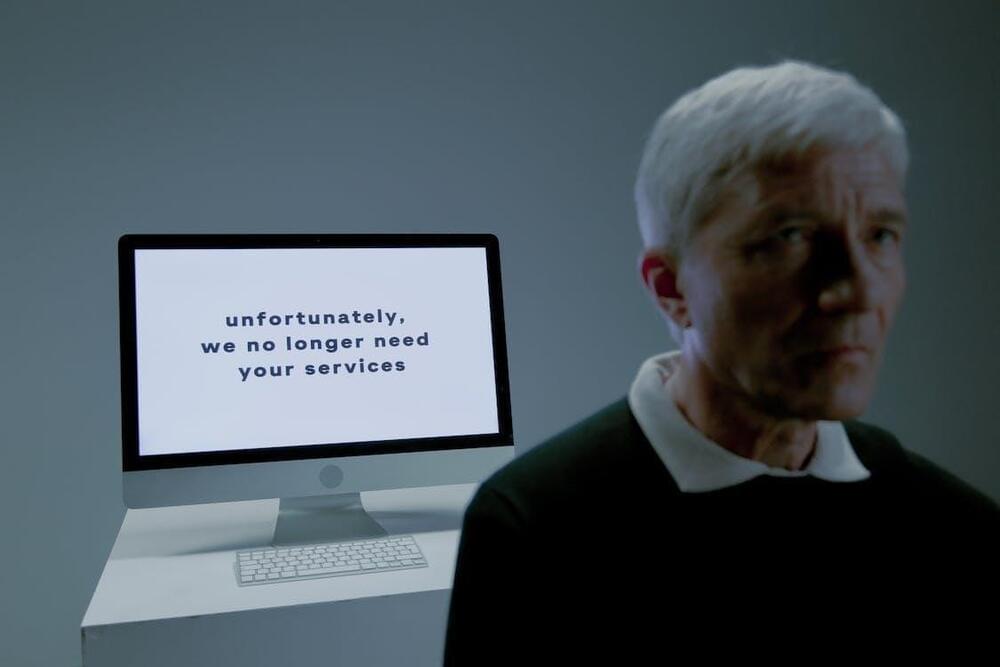face_with_colon_three Year 2022
As New York prepares for the imminent launch of legal adult-use marijuana sales, the governor has signed a bill aimed at expanding the state’s hemp market by promoting collaborative partnerships to identify more opportunities to utilize the crop and its derivatives for packaging, construction and other purposes.
Bill sponsor Sen. Michelle Hinchey (D) announced on Tuesday that Gov. Kathy Hochul (D) approved her legislation late last month. It would amend a section of New York’s agriculture law that deals with hemp economic development, mandating that the agriculture commissioner consult with additional partners on ways to incorporate hemp products into business operations throughout the state.
Specifically, it calls for the commissioner to “consult and cooperate with” the New York State Hemp Workgroup and industry stakeholders “that currently use, or may potentially use, industrial hemp in their products, to develop and promote the use of hemp by businesses for purposes such as packaging, construction, and other uses,” according to a summary.





